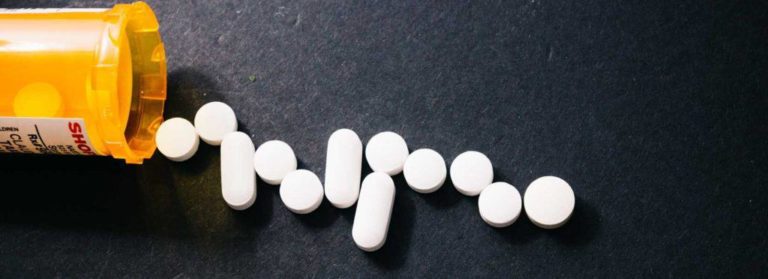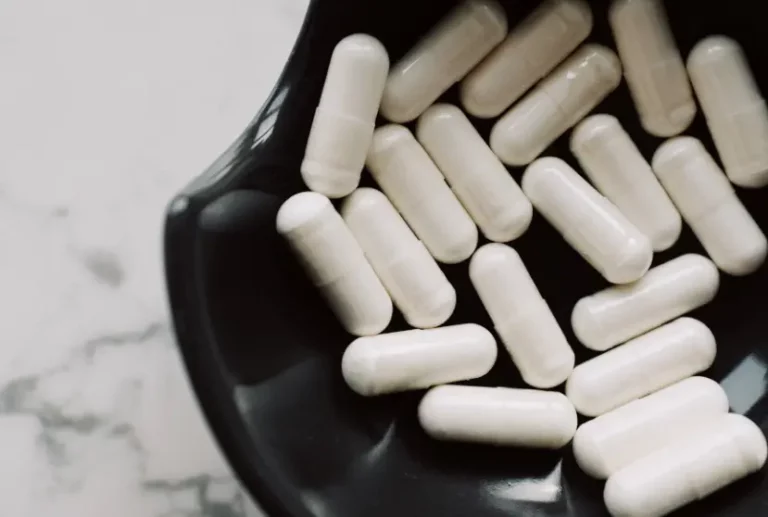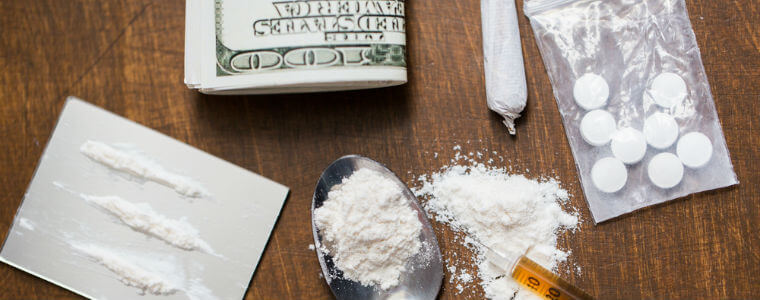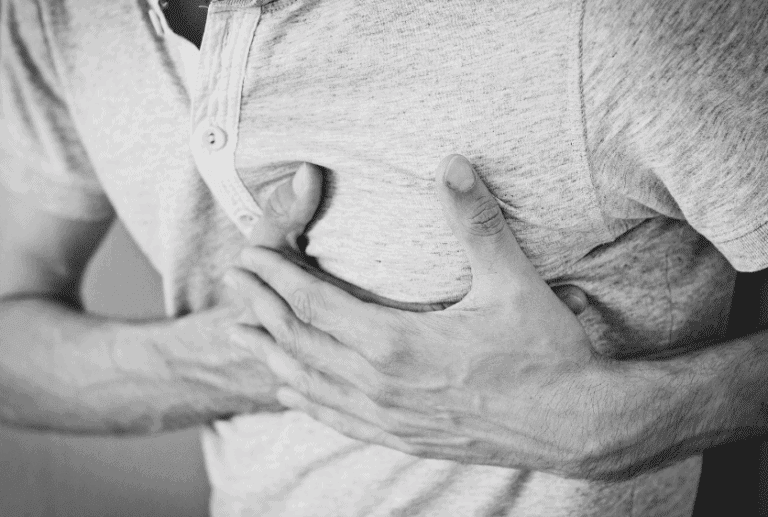Consuming alcohol and Xanax together is a dangerous, potentially fatal combination. Both of these addictive substances are depressants, meaning they have sedative effects on the central nervous system. Combining the two will create a space where the risk of overdose runs high. If you or someone you love is abusing alcohol or Xanax, know that finding the appropriate treatment options can make recovery possible.
What is Xanax?
Alprazolam, the generic name for Xanax, is a benzodiazepine often prescribed by medical professionals to treat individuals diagnosed with anxiety or panic disorders. It works by attaching to GABA receptors in the brain, creating a calming, almost tranquilizing effect on the mind and body. Due to these sedative effects, Xanax has a high potential for abuse by those with or without a prescription. Individuals often abuse Xanax to detach themselves from reality, seeking out a temporary sense of euphoria, trying to forget any current troubles they may have. Consuming large quantities of Xanax can have negative side effects which include:
- Drowsiness
- Dizziness
- Poor balance & coordination
- Slurred Speech
- Memory Problems
- Muscle Weakness
- Headache
- Vomiting
- Trouble concentrating
- Irritability
What effect does alcohol have?
Alcohol is the most socially accepted substance in the United States. Although alcohol is legal and readily available to most people, it is still a drug that can have devastating effects if consumed in large portions on a daily basis. Side effects of alcohol can include:
- Slurred speech
- Vomiting
- Blurred vision
- Poor balance and coordination
- Loss of memory
- Drowsiness
- Breathing difficulties
- Impaired judgment
Combining Alcohol and Xanax
Alcohol and Xanax are both classified as depressants, meaning they suppress the central nervous system. People often combine the two to intensify the effects of one another, in turn making a lethal cocktail. Xanax has a half-life of about 11 hours, meaning it takes about 11 hours for half of the effects to wear off. Although one may think it is safe to drink because it has been hours since the last dose of Xanax was taken, drinking may quickly cause the effects to be more intense which can have fatal consequences.
Combining alcohol and Xanax can have significant negative effects on an individual’s memory. People that may use both substances may experience Anterograde amnesia, a condition that involves an individual “blacking out” after taking benzodiazepines along with alcohol.
Blackouts, or amnesia, can result in temporary memory loss during intoxication and range from partial blackouts to complete blackouts. Partial blackouts involve only remembering certain events while intoxicated. Complete blackouts involve the individual not being able to remember anything while intoxicated, completely blocking out anything that may have occurred while intoxicated.
There is a high risk of overdose connected to drinking while taking Xanax. The combination may slow down one’s heart rate, as well as breathing, potentially sending them into respiratory failure, coma, or death. Because of their sedative and calming effects on the nervous system, Xanax and alcohol have a high potential for abuse, which in turn can lead down the dark road of addiction.
Risks of Combining Alcohol and Xanax:
- Cardiac issues
- Respiratory depression
- Loss of consciousness
- Excessive sedation
- Coma
Potential signs of overdose:
- Confusion
- Labored breathing
- Slurred speech
- Hallucinations
- Loss of coordination
- Seizures
- Severe drowsiness or the inability to stay awake
- Loss of consciousness
- Unresponsiveness
Treatment For Addiction
If you or a loved one is abusing alcohol or Xanax, know that recovery is possible. Alcohol and Xanax are two of the most dangerous substances to withdraw from, making it extremely important to seek out medical attention if you experience any withdrawal symptoms. At Knoxville Recovery, we offer a clinically supervised detox program to clients in need. After detox is successfully completed, clients will have the choice of being admitted into our inpatient or outpatient treatment programs. We fully understand that every individual has different needs and both programs offer unique benefits.
At Knoxville Recovery, individuals will have the option to participate in various types of therapy and counseling, learning new coping mechanisms for dealing with addiction, get treated for any coexisting mental health problems, and learn to live a healthy life free of substance abuse. After treatment, it is highly recommended to join a 12 step program or other support groups to help prevent relapse and continue recovery outside of treatment programs. If you are struggling with substance abuse do not hesitate to reach out today.








